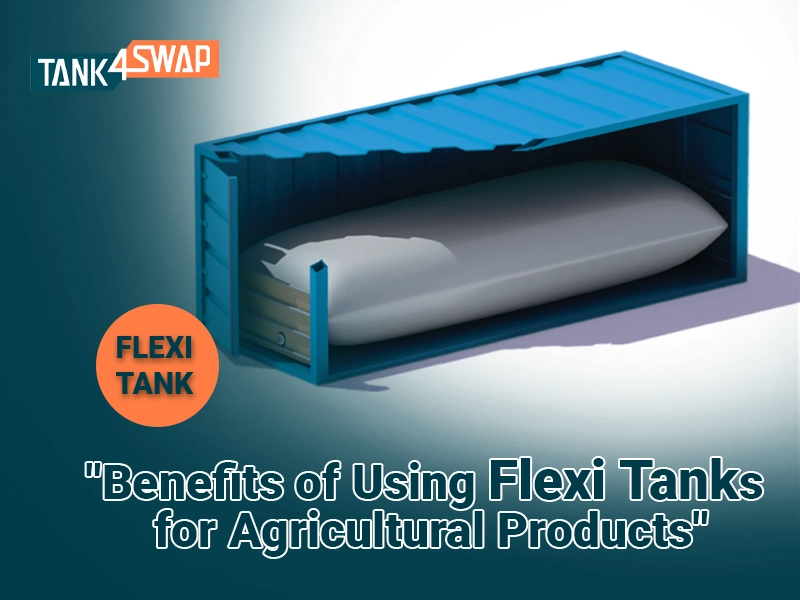Flexi Tanks: Revolutionizing Agriculture with Sustainable Water Storage Solutions
In the world of modern agriculture, efficiency and sustainability are crucial. Flexi Tanks have emerged as an innovative solution, offering farmers a flexible and cost-effective way to manage water, fertilizers, and chemicals. These durable, collapsible tanks are transforming farming practices by providing reliable storage options that are both eco-friendly and easy to maintain. Let’s explore the Flexi Tank agriculture benefits and how they are reshaping the agricultural landscape.
What Are Flexi Tanks?
Flexi Tanks are large, portable water storage systems made from reinforced fabric. Unlike traditional rigid tanks, they are lightweight, easy to install, and can be relocated as needed. Their versatility makes them ideal for storing water, fertilizers, and chemicals, offering farmers a practical and sustainable solution for their agricultural needs.
Key Flexi Tank Agriculture Benefits
- Cost-Effective and Space-Saving
Flexi Tanks are an affordable alternative to traditional water storage methods like concrete or steel tanks. Their collapsible design allows them to fit into compact spaces, making them perfect for farms with limited area. This flexibility reduces installation costs and labor, providing significant savings for farmers. - Sustainability and Environmental Impact
One of the standout Flexi Tank agriculture benefits is their eco-friendliness. Made from recyclable materials, these tanks minimize environmental impact. They also promote water conservation by enabling efficient rainwater harvesting and reducing water wastage, which is especially valuable in drought-prone regions. - Versatility in Agricultural Applications
Flexi Tanks are not just for water storage. They can also store fertilizers and chemicals safely, reducing the risk of spills and contamination. Additionally, they provide a reliable water source for livestock, ensuring animals have access to clean water at all times. - Improved Irrigation and Crop Protection
By integrating Flexi Tanks with irrigation systems, farmers can optimize water usage and maintain consistent crop hydration, even during dry spells. This reliability helps protect crops from failure and supports sustainable farming practices.
Why Choose Flexi Tanks Over Traditional Methods?
Compared to traditional water storage solutions like ponds or concrete tanks, Flexi Tanks offer unmatched portability and durability. They require minimal maintenance, are less prone to leaks, and can be easily transported to different locations. These advantages make them a superior choice for modern farmers seeking efficiency and sustainability.
Conclusion
The Flexi Tank agriculture benefits are clear: they provide a cost-effective, eco-friendly, and versatile solution for water and resource management. Whether used for irrigation, livestock, or chemical storage, Flexi Tanks are helping farmers achieve greater efficiency and sustainability in their operations. By adopting this innovative technology, farmers can reduce costs, conserve resources, and contribute to a more sustainable agricultural future.
FAQs
What is the lifespan of a Flexi Tank?
-
- Flexi Tanks typically last for 5-10 years with proper care and maintenance.
Can Flexi Tanks withstand harsh weather conditions?
-
- Yes, Flexi Tanks are designed to be durable and weather-resistant, able to withstand high temperatures and heavy rainfall.
How much water can a Flexi Tank hold?
-
- Flexi Tanks come in various sizes, ranging from small tanks that hold hundreds of liters to large tanks that can store tens of thousands of liters of water.
Are Flexi Tanks easy to transport?
-
- Yes, one of the key benefits of Flexi Tanks is their portability. They are lightweight and can be easily transported to different locations.
Can Flexi Tanks be used in areas with limited space?
-
- Absolutely! Their collapsible design makes them ideal for use in small or cramped spaces where traditional water storage systems might not fit.

